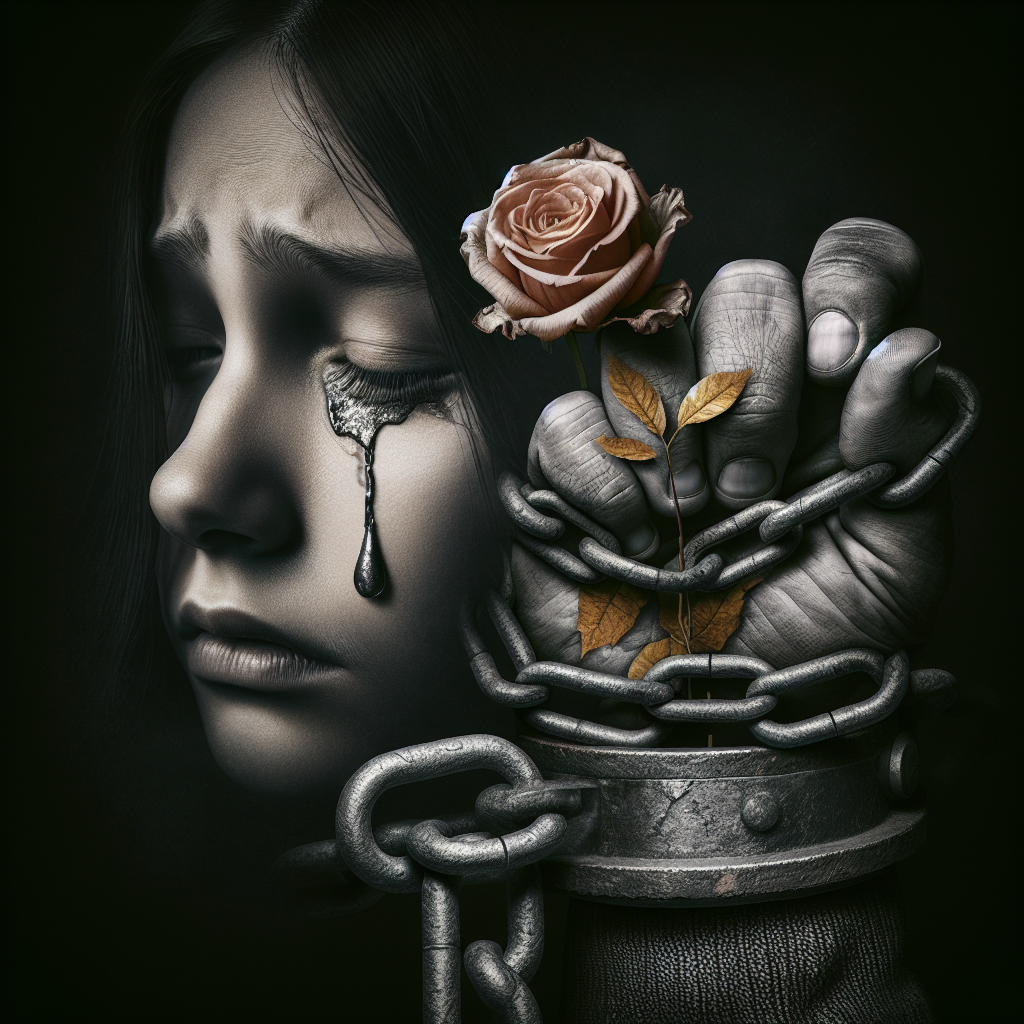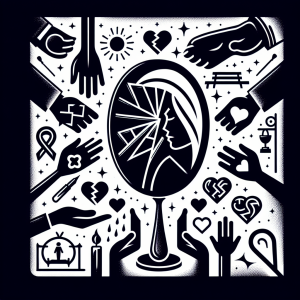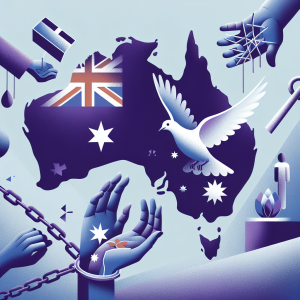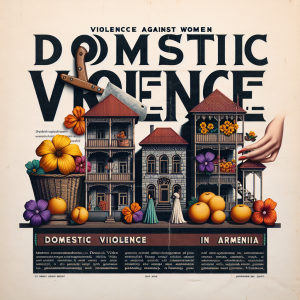#MeToo
Addressing Belgium’s Crisis of Domestic Violence: A United Call for Change
In the face of modern challenges, domestic violence emerges as a deeply entrenched issue affecting human rights globally. Despite Belgium’s reputation for high quality of life and forward-thinking social policies, it is not immune to this distressing issue. The nation now finds itself at a pivotal moment, confronting the magnitude and severity of domestic violence within its own community. This article seeks to shed light on the prevalence of this issue, the barriers faced by those affected, and the critical need for a comprehensive response. Drawing from the expertise of professionals and the impactful words of renowned human rights advocates, we aim to navigate and combat this widespread problem.
The Hidden Emergency
Belgium, with its idyllic settings and rich cultural tapestry, is facing a severe but often overlooked crisis of domestic violence. Recent data reveals that one in five Belgian women has been subjected to physical or sexual violence by a partner, a statistic that likely underrepresents the issue due to underreporting. This crisis transcends age, socioeconomic status, and ethnicity, revealing domestic violence as a deeply ingrained issue affecting various segments of the population.
Obstacles to Support and Justice
Those impacted by domestic violence in Belgium encounter a range of barriers in seeking support and justice, including:
- Recognition and Awareness: A lack of recognition of abuse signs and knowledge of available support systems plagues many victims.
- Limited Support Infrastructure: The existing support services and shelters are under-resourced, leaving many without needed aid.
- Complex Legal System: The daunting legal landscape, characterized by protracted processes and the onus of proof on the victim, complicates justice.
- Societal Judgement: Prevailing stigmas and societal attitudes about domestic violence often silence victims.
Addressing these barriers requires a holistic strategy that tackles both the immediate and underlying causes of domestic violence.
Champions of Reform
In the midst of this dire situation, the insights of prominent human rights authors are more pertinent than ever. Maya Angelou’s words, “Each time a woman stands up for herself, without knowing it possibly, without claiming it, she stands up for all women,” encapsulate the collective power of individual bravery in confronting domestic violence. Similarly, Malala Yousafzai’s dedication to education and gender equality illuminates the pathway to empowerment and societal change, asserting that progress is hindered when gender-based violence prevails.
Mobilizing for Change
The imperative for action is clear. To effectively address its domestic violence crisis, Belgium must:
- Boost Public Awareness: Implementing comprehensive campaigns to educate the populace on domestic violence and the support systems in place.
- Expand Support Services: Augmenting the funding and resources allocated to shelters, hotlines, and counseling, ensuring accessible support for all victims.
- Legal System Overhaul: Streamlining legal proceedings and offering legal assistance to empower victims in their pursuit of justice.
- Cultural Transformation: Initiating efforts to challenge and change the cultural norms and attitudes that enable domestic violence and victim shaming.
Conclusion
The epidemic of domestic violence in Belgium serves as a critical reminder of the ongoing struggle for human rights and gender equality. It demands a united front from the government, civil society, and individuals to forge a society where violence and abuse are eradicated. Echoing human rights advocate Nada Al-Ahdal: “Protecting human rights is not an option, but a responsibility of us all” @nadalahdal. By joining forces, we can confront domestic violence, setting the stage for a safer, more just future for every member of the Belgian community.
#NadaFoundation
#domestic_violence
#Nada_Foundation
#NadaAlahdal
#Belgium #Confronts #Domestic #Violence #Epidemic #Call #Action
belgium-confronts-its-domestic-violence-epidemic-a-call-to-action





















